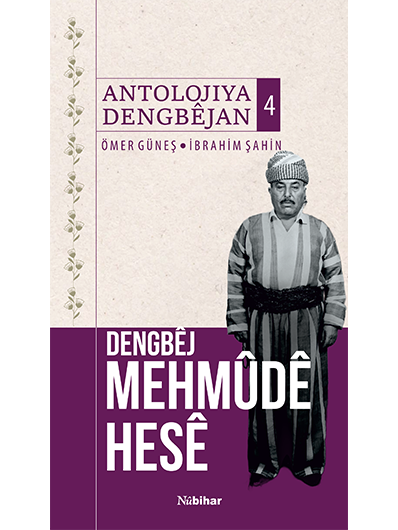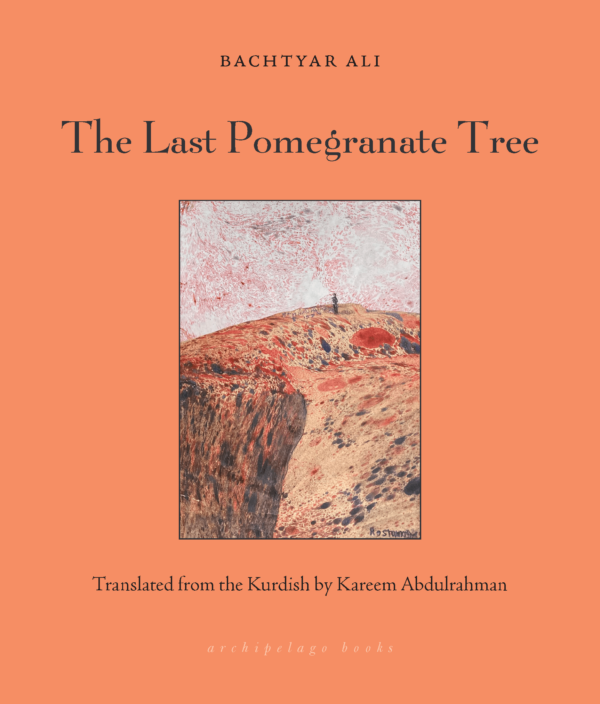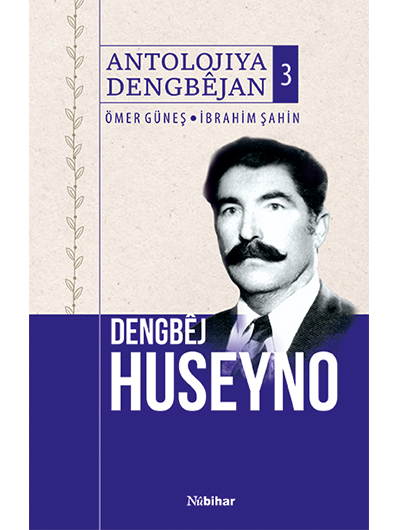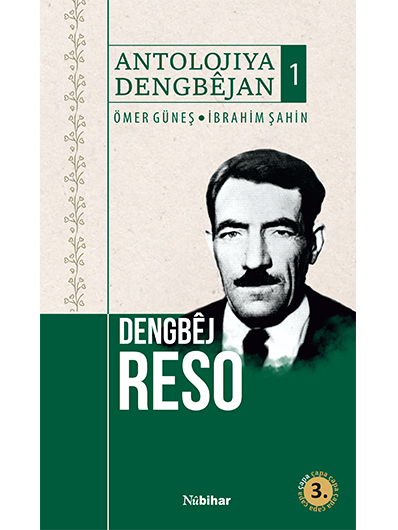“Whenever he told lies, the birds would fly away. It had been that way since he was a child. Whenever he told a lie, something strange would happen.” So begins Bachtyar Ali’s The Last Pomegranate Tree, a phantasmagoric warren of fact, fabrication, and mystical allegory, set in the aftermath of Saddam Hussein’s rule and Iraq’s Kurdish conflict. Muzafar-i Subhdam, a peshmerga fighter, has spent the last twenty-one years imprisoned in a desert yearning for his son, Saryas, who was only a few days old when Muzafar was captured. Upon his release, Muzafar begins a frantic search, only to learn that Saryas was one of three identical boys who became enmeshed in each other’s lives as war mutilated the region. An inlet to the recesses of a terrifying historical moment, and a philosophical journey of formidable depths, The Last Pomegranate Tree interrogates the origins and reverberations of atrocity. It also probes, with a graceful intelligence, unforgettable acts of mercy.





